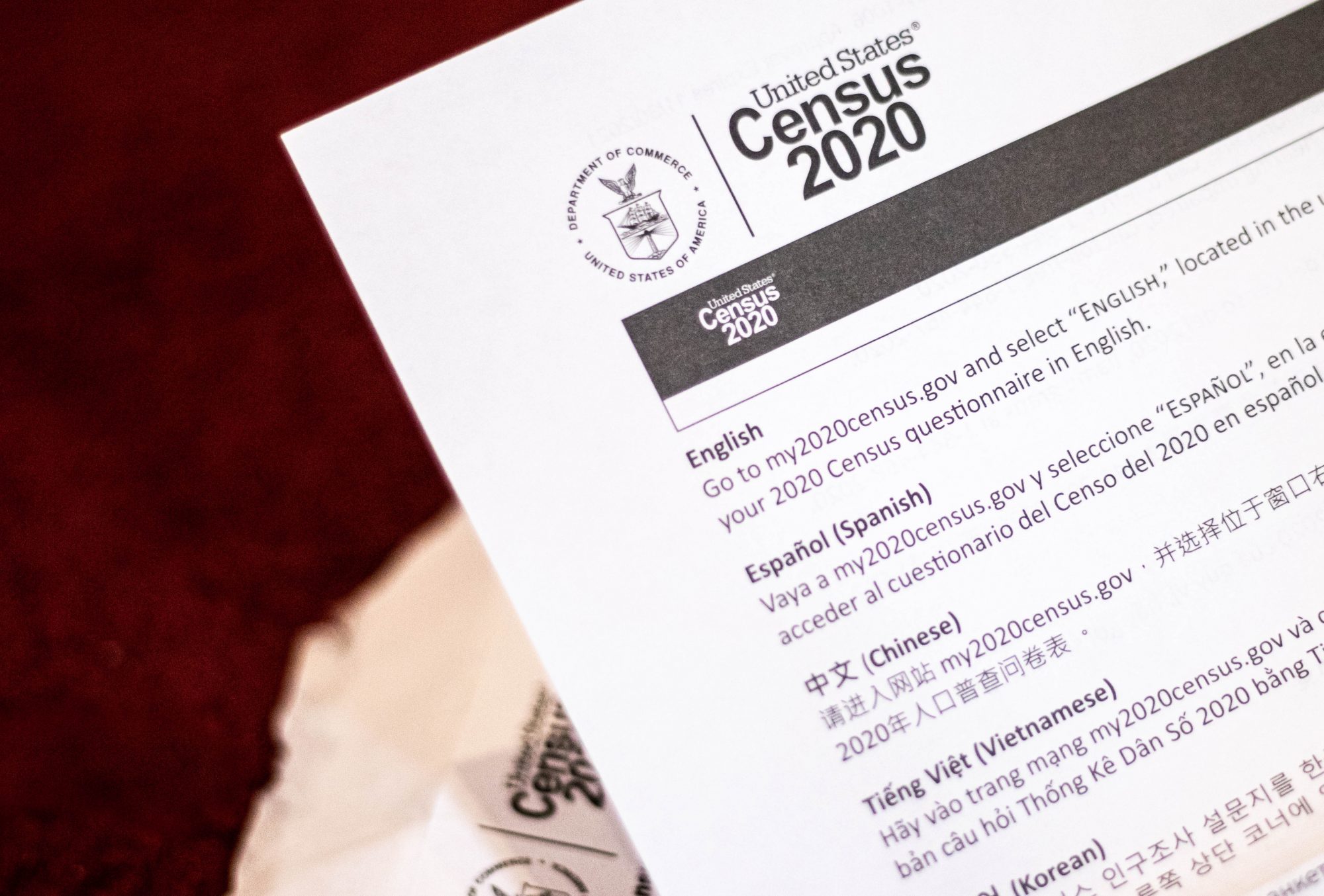Views expressed in opinion columns are the author’s own.
In our current jam-packed news cycle, you’ve probably seen plenty of coverage about coronavirus, the presidential election and the fact that some states were still holding Democratic primaries. But what have you heard about the 2020 census? Probably nothing beyond “fill it out.”
The census is a really important tool for both the government and the people. It informs the distribution of $1.5 trillion in federal funds for programs like the Special Supplemental Nutrition Program for Women, Infants, and Children and provides data for programs like those under the Violence Against Women Act. It’s critical that marginalized populations are accurately counted when they historically have not been.
At the same time, we need to be aware of the dangerous history of the census, and that filling the census isn’t always safe for everyone.
Census data is supposed to be protected by Title 13 of the United States Code, which states that identifying data cannot be released to other federal agencies or anyone outside of the Census Bureau. This doesn’t mean there haven’t been exceptions — specifically, during national emergencies that have endangered the lives of already marginalized communities in this nation. As we fill out the census this year, we must be aware that it’s a privilege to feel safe and proud to do so.
Perhaps the most famous example of census data being misused was in the 1940’s, during World War II, when the U.S. Census Bureau provided the U.S. Secret Service with the names and addresses of Japanese-Americans. This information was used to find Japanese-Americans who had avoided internment during the war.
A similar misuse of census data happened in 2002, not long after the September 11 attacks, where the Census Bureau gave the U.S. Department of Homeland Security “ZIP-code-level breakdowns of Arab-American populations.” While the Census Bureau has claimed that this was completely legal and didn’t violate Title 13, it’s still a prime example of how census data can be used to target and disenfranchise specific communities on the basis of race or ethnicity.
And, ultimately, the Trump administration’s failed ploy to add a citizenship question to the 2020 census was just another attempt to use the census data inappropriately. Even if identifying information is private, the citizenship question could allow Immigration and Customs Enforcement to uncover ZIP codes with high populations of undocumented people and choose which neighborhoods to raid.
So, as you’re filling out your 2020 census, be conscious of this: The census is a great tool, but it isn’t a perfect system. You should decide whether to fill out the census — or preferably, specific questions on the census — based on whether it might pose a threat to your safety. We can’t forget that the census has been used to carry out the wishes of bigots and racists, and we shouldn’t let it happen again.
Liyanga de Silva is a senior English and women’s studies major. She can be reached at liyanga.a.ds@gmail.com.



